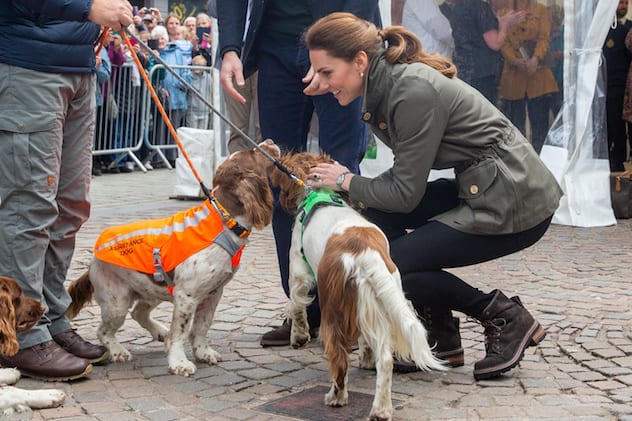Most people have a pet at some point during their lifetime. Whether it’s a cat, dog, fish, rabbit or otherwise, pets bring laughter and companionship that greatly enhances our happiness and adds meaning to our lives.
A 2015 Harris poll found that 95% of pet owners thought of their animals as members of the family, showing the extent of their value.
But they also do more than this. Pets promote both mental and physical health that can significantly improve our lives.
People with pets typically have lower heart rates and blood pressure than those without; a result of the additional movement owning a pet requires and the stress relief their company provides.
Furthermore, pets can improve a range of mental health conditions, from anxiety and loneliness to depression and low self-esteem.
Alan Beck, director of the Center for the Human-Animal Bond at Purdue University, says pet therapy could be a key form of treatment in the future.
“It used to be one of the great no-no’s to think of an animal in a hospital,” Time reports. “Now, I don’t know of any major children’s hospital that doesn’t have at least some kind of animal program.”
While research is still fairly limited, Beck says the number of studies that do exist all point in the same direction – that pets are proven to benefit mental and physical health and could have a place in medicine and wellbeing.
“The data is strong,” Beck says. “If you look at what animals do for people and how we interact with them, it’s not surprising at all.”

Here are 5 examples of the benefits of pets recent science has discovered:
Horses: activities such as leading and grooming horses have been proven to minimise symptoms of PTSD in youth, and improve wellbeing in people with disabilities, a Frontiers in Psychology study found.
Rabbits: a study in the journal Anxiety, Stress & Coping found that stroking rabbits relieved anxiety, despite several of the participants claiming they didn’t like animals.
Dogs: research in PLOS shows that children with reading difficulties improved and showed less fear when reading aloud to a trained dog and handler. “Their attitudes change and their skills improve,” says Lisa Freeman, director of the Tufts Institute for Human-Animal Interaction.
Crickets: even insects can make a difference. A study in Gerontology that asked elderly people to care for crickets discovered that their depression was reduced dramatically, compared to guided group sessions.
Guinea pigs: scientists from The University of Queensland found that children with autism were more social and less stressed when a guinea pig was present during schooltime.

Read more:
The emotional connection we have with dogs
Pets in bed lead to better sleep
Therapy dogs help teach school children the benefit of reading





